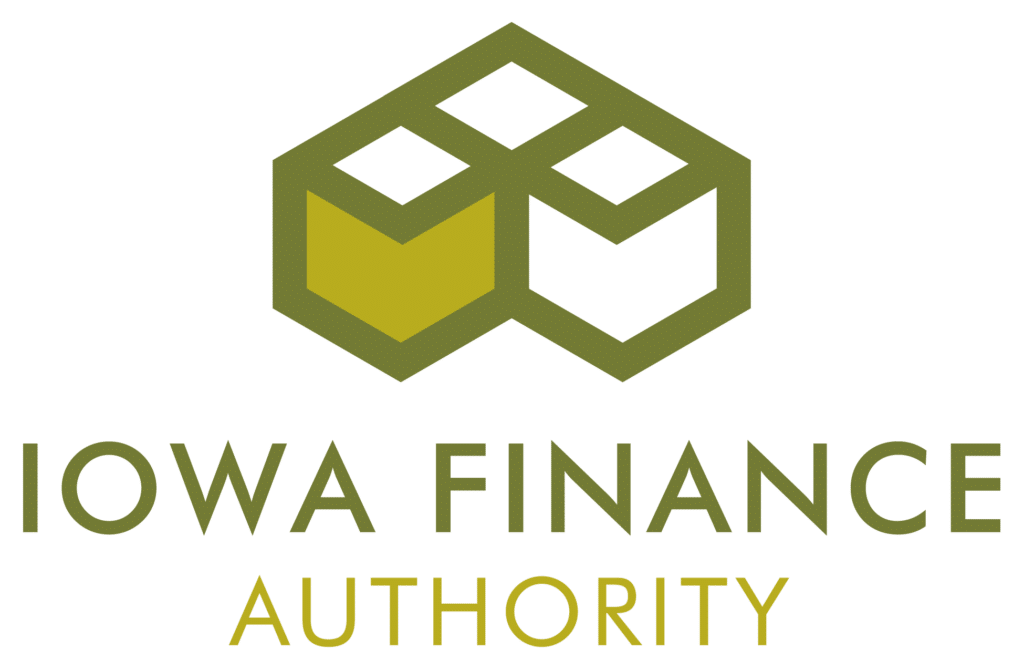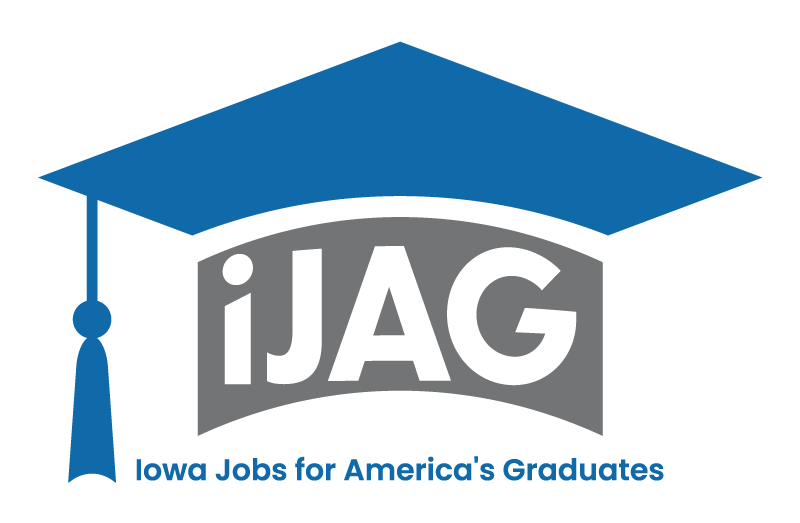How to prepare for a recession? CRE pros provide some tips

KATHY A. BOLTEN Jul 5, 2022 | 10:45 pm
2 min read time
570 wordsAll Latest News, Real Estate and DevelopmentInterest rates are climbing, inflation is soaring and the GDP declined in 2022’s first quarter.
Signs point to a decline in gross domestic product in second quarter as well, sparking concerns that the the U.S. economy is either in a recession or headed toward one.
According to the National Bureau of Economic Research, considered by many the official judge of economic downtowns and expansion, a recession occurs when there is “significant decline in economic activity” that hits all sectors of the economy and lasts more than a few months.
Twelve recessions have occurred since the end of World War II, according to the economic research bureau. The longest, which began in December 2007, lasted 18 months. The most recent occurred in February 2020 and lasted two months.
The Business Record reached out to the eight people who have been named CRE Professional of the Year and asked them to respond to two questions related to economic downturns.
Responses from three of the CRE pros are below. Responses from the other five will appear in next week’s newsletter.
The construction and development industries can be among the hardest hit in a recession, which some economists are predicting is where the U.S. economy is headed. Can you share one lesson you learned during the Great Recession that others could benefit from?
Jake Christensen, founder of Christensen Development and 2018 CRE Professional of the Year: The Great Recession was a lesson in realizing that in most cases, the lender is the biggest partner in a real estate development project. The key is to know your partners and communicate. We do not work with lenders unless we can get to know multiple senior-level team members.
Jennifer Cooper, senior vice president and manager of commercial real estate at Bankers Trust and 2019 CRE Profession of the Year: Iowa’s CRE market has not historically been as “boom and bust” as other major metros. However, in the last few years we’ve seen record-setting low cap rates by nonlocal buyers lead to more aggressive development and financing practices. My lesson for others: Stick to underwriting and lending fundamentals that help you get through ups and downs in all cycles.
Mark Rupprecht, president of R&R Realty Group and the 2021 CRE Professional of the Year: One lesson learned during the Great Recession is to run your business effectively and efficiently during the good times to help prepare you for any downturn in the economy. It is important to manage growth, focus on core competencies and improve operational efficiencies.
What is one thing that can be done to insulate a business from a recession?
Christensen: One of the keys to managing the risk from business cycles is to maintain an efficient overhead so that real estate decisions are based on the quality of the project, not the need to do projects to keep “things moving.”
Cooper: Tough to name only one. From a commercial real estate perspective, I think recession insulation is a three-prong approach among diversification of tenant base and property type, cash reserves and liquidity, and appropriate leverage with interest rate protection.
Rupprecht: Building a strong diversification of revenue streams and investments will help weather a recession. This would include having a good plan in place to strengthen customer relationships and improve your customer experience. Execution of that plan and keeping your focus will increase your chances to come out stronger on the other side.








